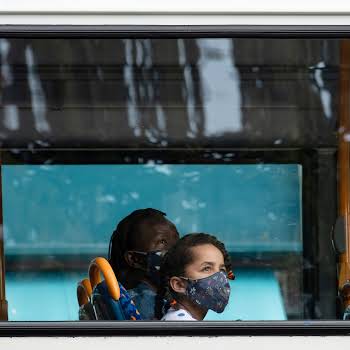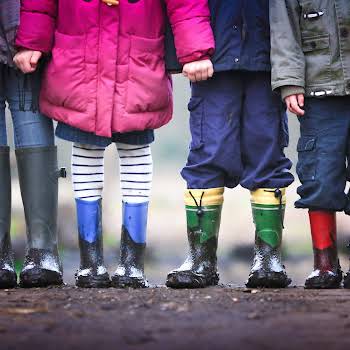
By Shayna Sappington
10th Jul 2020
10th Jul 2020
The vast majority of new Covid-19 cases are people under the age of 25. Is this due to young ignorance or are their other factors involved?
Living through a pandemic has been a strange and unsettling experience, especially for young people.
The latest Covid-19 case statistics show that all of the 23 newly confirmed cases in Ireland are people under 44 years of age and 77 per cent are under 25.
Thus, the newest wave of cases has cast its blame on the younger people of society.
Under 25s banned
One pub in Oxfordshire even went as far as banning under 25s after 8pm.
The Royal Standard made its announcement on Facebook, saying they had too many bad experiences with crowds of young people.
“The last three nights have seen us attract unprecedented numbers of younger drinkers who are refusing to adhere to any social distancing rules which, in the current climate, is putting both our staff and our regular customers at risk,” the pub explained.
The announcement received a mixed response, many showing their support while others said it was “stereotyping” young people.
So why are the numbers so high for young people and is it really only due to a blatant disregard for rules?
Technology dependent
When Leo Varadkar announced the first lockdown measures in March, it seemed a temporary thing. Many young people were in school at the time, looking forward to finishing up their final exams and being able to celebrate this summer.
But, as time went on, the situation became more permanent. Schools closed, jobs were lost and normal life was put on hold. And while the older generation may be more adept at dealing with alone time and self-perpetuated entertainment, younger folks spend most of their leisure time using technology.
Last year, a Eurostat survey found that 90 per cent of Irish people, between the ages of 19 and 24, use social media platforms. This means that during lockdown, teenagers and young adults spent a majority of their time scrolling through posts about coronavirus, increased case numbers and deaths, the severity of the global pandemic and what various governments were doing right and wrong.
Anxieties rose and platforms that had previously been used as an escape became the source of troublesome news. Hanging out with friends and finding comfort in a universally uncomfortable situation was no longer an option too, making young people particularly vulnerable during the strictest lockdown measures.
A sense of normalcy
So when some pubs and restaurants recently opened, people were dying for a sense of normalcy, to engage in human contact in a social environment. Of course, most of those going out on pubs’ opening weekend were under 25. This is no surprise as young people are usually the majority of nightlife participants.
However, some Irish pubs neglected to follow public health guidelines even after warnings, 26 of which may be prosecuted in the coming weeks. One pub in Dublin’s city centre merely added a bottle of hand sanitizer at the front door. Overcrowded tables were allowed and no food was required, creating a false sense of normality and allowing some to easily forget the severity of lockdown measures.
Don’t get me wrong, I am not saying that no one is to blame for their actions last weekend. There were definitely some large groups of young people who ignorantly disregarded social distancing recommendations. And as most of them have never had to prioritise their health, it can be understood why.
But maybe young people aren’t solely responsible for the increased number of cases in their demographic. It could be an amalgamation of factors: increased feelings of isolation, overcompensating for a nonexistent social life, wanting to finally celebrate a postponed graduation, pubs neglecting to enforce Covid-19 regulations, etc.
Hopefully, though, these new statistics will help educate teens and young adults on just how quickly the virus can spread and how important it is to follow social distancing rules and wear a face mask as often as possible.
In the meantime, maybe we can all remember what it was like at that age, sympathise with their situations and recognise experiences they have lost. And to young people who are feeling stereotyped, you can prove the naysayers wrong by following public health guidelines, especially when in pubs and restaurants.
Read more: 26 pubs may be prosecuted for breaching Covid-19 regulations
Read more: Is your WFH setup suitable? A public consultation on remote working is being launched today
Read more: #DreamWithHarry: Harry Styles narrates bedtime story for listeners on the Calm app






















